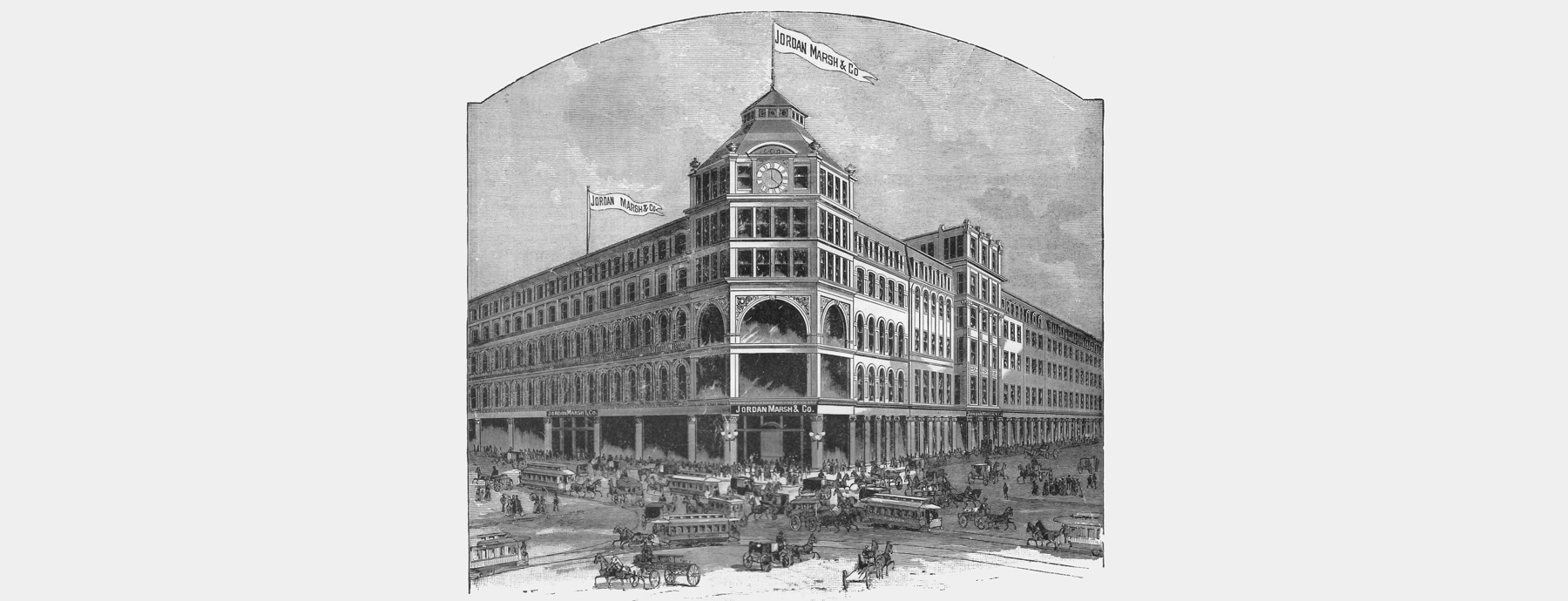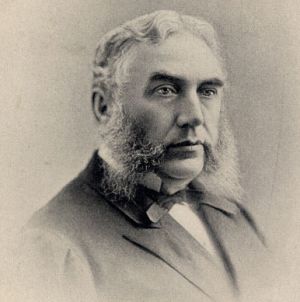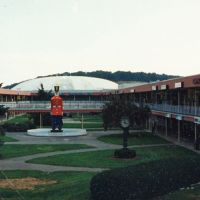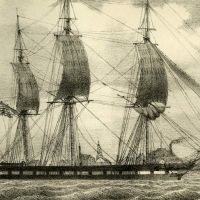Primary Source
From The Boston Herald Traveler (1947)
"The more we contemplate the vision of the new Jordan Marsh store, with the ultimate in merchandising facilities and techniques -- with its architecture that captures New England's past and its wealth of worldly ware which embodies America's present and the the world's present and future -- the more something that is not physical impresses itself upon our mind.
"It is the courage, the confidence, the serene and unshaken belief this old Boston institution has in Boston. It is the spirit of New England enterprise, a spirit undimmed as decade follows decade.
"The new Jordan Marsh will not spring into being quickly. Its scale will be the grander one. But stage by stage the old will disappear and the new will take its place and the area bounded by Washington, Summer and Avon Streets will become the site of America's fines, most modern and -- who knows -- largest store.
"This will be new. Yes, and it will be very old indeed. It is in that spirit that Jordan Marsh has served and prospered for nearly a century. Yesterday will join hands with tomorrow in this great enterprise and Boston will remain the commercial heart of New England and one of the great commercial centers of the world."







